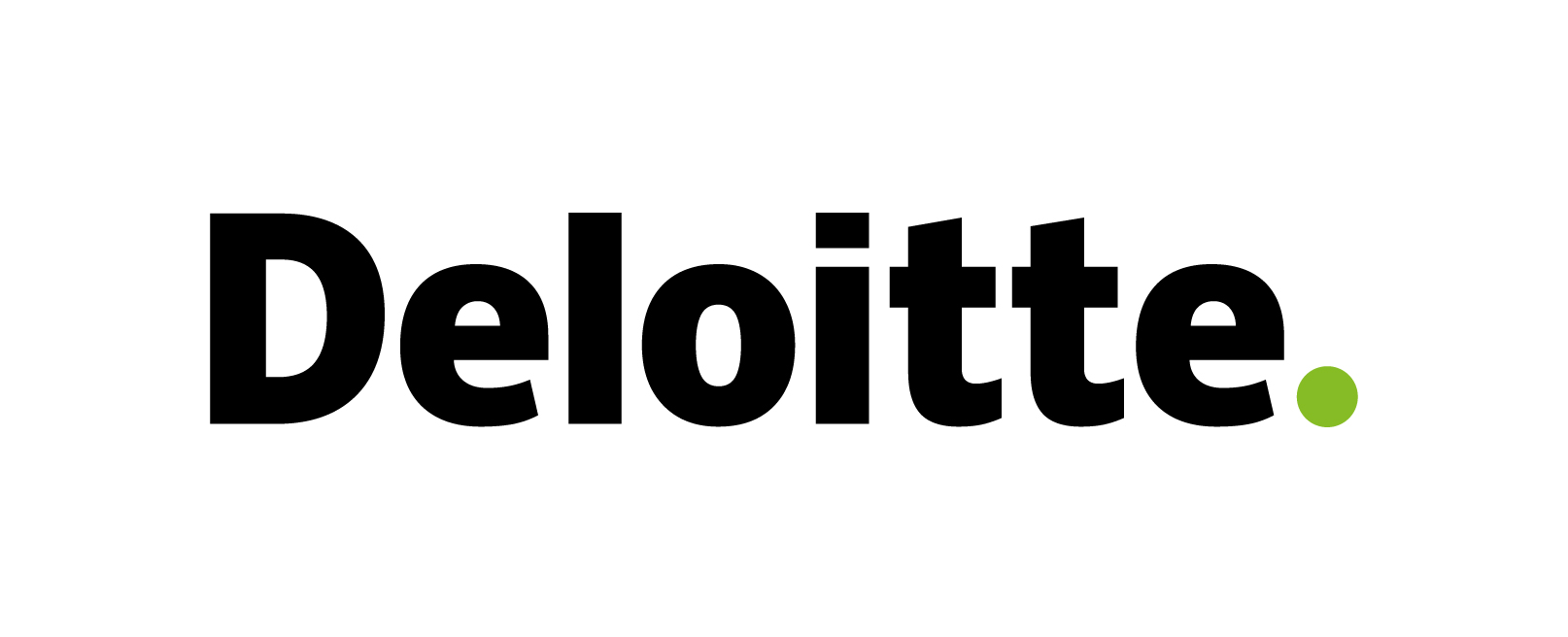Deloitte Survey: Strong Sense of Purpose Key Driver of Business Investment
Findings indicate that organizations with a strong sense of purpose are more confident in growth prospects while other organizations focus on short-term financial goals
NEW YORK, April 11, 2014 /3BL Media/ -- The 3rd annual Deloitte Core Beliefs & Culture survey, released this week, reveals that organizations with a strong sense of purpose—described as a focus on making a positive impact on customers, employees and the society in general—are more confident in growth prospects, are more likely to invest in initiatives that lead to long-term growth and enjoy higher levels of confidence among key stakeholders.
According to the results of the survey, 82 percent of respondents (executives and employees) who work full-time for an organization with a strong sense of purpose say that they are confident that their organization will grow this year, compared to 48 percent of those who do not have a strong sense of purpose. The survey identified similar gaps in levels of confidence when it comes to increasing investments in new technologies, developing new products and services, hiring and expanding into new markets.
"Lack of business confidence has been a hindrance to economic recovery," says Punit Renjen, chairman, Deloitte LLP. "Through our surveys this year and last, evidence is mounting that focusing on purpose rather than profits is what builds business confidence. This is a critical finding—and underscores the significant impact a 'culture of purpose' can play in fostering a thriving business community."
Confidence: focus on impact and quality
When the respondents were asked to name the top driver of confidence in their organization's growth potential, respondents working for an organization with a strong sense of purpose name commitment to delivering top quality products/services. For those working for an organization without a strong sense of purpose, the leading driver of confidence is focus on the bottom line.
A similar trend emerged when respondents were asked about the priorities of their leaders:
- At organizations with a strong sense of purpose, the top priority is making a positive impact on clients.
- At organizations without a strong sense of purpose, the top priority is meeting short-term financial goals.
Furthermore, respondents who work for organizations with a strong sense of purpose are more than twice as likely to say that their organizations plan to invest more in employee development and training in 2014. They also have higher levels of employee engagement: Nearly three quarters (73 percent) of respondents who work for an organization with a strong sense of purpose indicate that the organization's employees are fully engaged versus 23 percent at organizations without a strong sense of purpose. Moreover, 74 percent say that employees are provided the tools and resources to realize their full potential, compared to 19 percent for those that don't have a strong sense of purpose.
"The differences are telling," notes Renjen. "Organizations with a strong sense of purpose are buoyed by factors that are non-financial and more intangible, with a longer horizon for positive returns. Other organizations are often driven by short-term financial gain. To rebuild and sustain business confidence, organizations that want to be exceptional must take the long view and invest for growth."
Strong sense of purpose drives confidence internally, externally and provides a competitive edge
Survey findings also indicate a link between organizational purpose and stakeholder confidence. Eighty-one percent of respondents working for organizations with a strong sense of purpose say their stakeholders trust their leadership team; 74 percent say their investors are confident in the organization's growth prospects over the next year. For organizations that do not have a strong sense of purpose, the comparable findings are 54 and 52 percent, respectively.
Looking ahead, respondents who say their organizations have a stronger sense of purpose are much more optimistic about their future prospects and their ability to stay ahead of industry disruptions (83 percent vs. 42 percent) and their long-term ability to outperform competition (79 percent vs. 47 percent).
That said, despite the advantages the research links to a strong sense of purpose, 20 percent of all respondents say that leadership fails to set an example for the rest of the organization by truly living the organization's purpose.
"Our survey findings highlight the connection between sustained business success and working with purpose to deliver positive impacts for stakeholders – including clients, employees, investors and community," says Renjen. "The research also emphasizes the need for leaders to not only articulate a culture of purpose but to visibly and consistently embody those behaviors. And that is a terrific blueprint for any organization that wants to become and remain exceptional."
About the Core Beliefs & Culture Survey
The Deloitte Core Beliefs & Culture Survey is designed to explore the concept of workplace culture, as defined by a set of timeless core values and beliefs, as a business driver. This year's survey examines whether a strong sense of purpose leads to higher levels of confidence among stakeholders and drives bolder investments in growth driving initiatives. Punit Renjen, chairman, Deloitte LLP is the sponsor of this annual survey series.
Methodology
This report presents the findings of an online study conducted within the United States by ORC International on behalf of Deloitte. The survey methodology included surveying a sample of 1,053 adults (300 executives and 753 employed adults) who are employed full time by an organization with at least 100 employees. The survey was conducted from February 21 through February 28, 2014.
Click here to learn more about the "Core Beliefs & Culture" survey and to view additional results.
As used in this document, "Deloitte" means Deloitte LLP and its subsidiaries. Please see www.deloitte.com/us/about for a detailed description of the legal structure of Deloitte LLP and its subsidiaries. Certain services may not be available to attest clients under the rules and regulations of public accounting.

